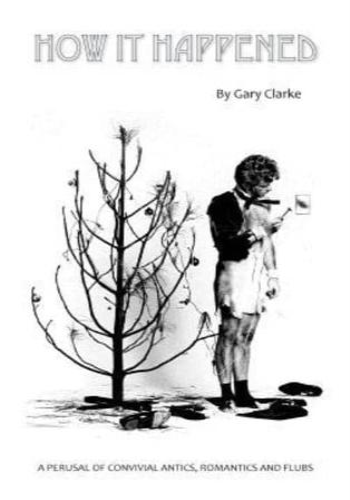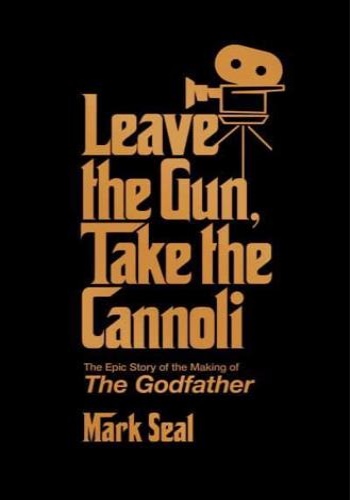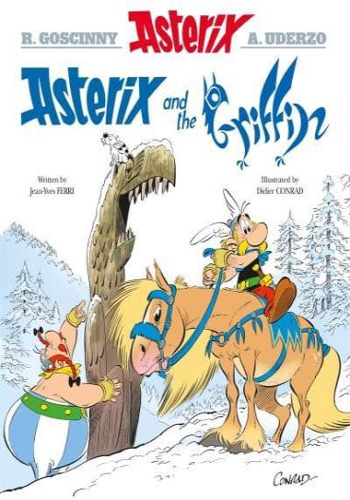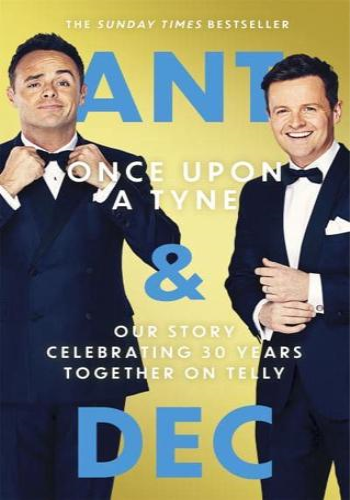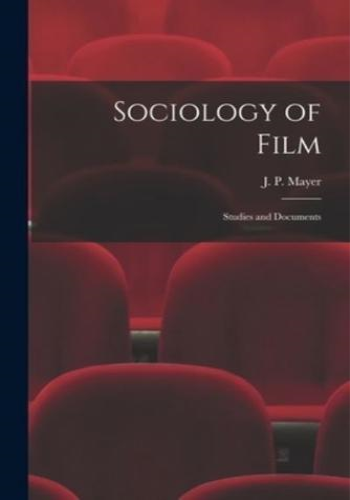This is the HARDBACK version. "HOW IT HAPPENED" The title pretty much says it. The ups. The downs. The good and the bad. The feasting and the famining. And the people. There were always the people. And what incredible people they were. It's hard even now to think that I told Lee J. Cobb, in real life, to stick his cigar "where the sun don't shine." Or to relive the moment of being kissed by one of the most beautiful women in the world. Or singing with a world renowned orchestra in front of 40 million people and bombing. Accolades, being afraid, escapades and renegades. At least two childhood dreams fulfilled (always wanted to be an actor and a cowboy). 'Twas sometimes a whirlwind, sometimes The Dead Sea. But never, ever dull. And always finding the opportunity to laugh my a - - off, which I hope you will do as you peruse the pages of this titillating tome. PRAISES FROM THOSE WHO KNOW "Even I wasn't strong enough to put this book down." CHUCK NORRIS "This book is not not crap." THE OPTIMIST CLUB "Now you're Getting Smart." MEL BROOKS "I lveod erevy wrod." DYSLEXIC DALE "All I can say is that Gary's book is @#%&*@$% great!" JAMES DRURY (THE VIRGINIAN) "I've never seen anything like this." RAY CHARLES "I'll drink to that." ERNEST HEMMINGWAY "I didn't see this one coming, either!" GENERAL CUSTER "What are you doing with your life? Why don't you get a real job?" RITA L'AMOREAUX (MOTHER OF GARY CLARKE) ABOUT THE AUTHOR: Everything you could possibly ever want to know about Gary Clarke you will find written among the flawlessly chosen, impeccably placed words so lovingly yet sophisticatedly held within the creatively custodial covers of this carefully crafted classic.


